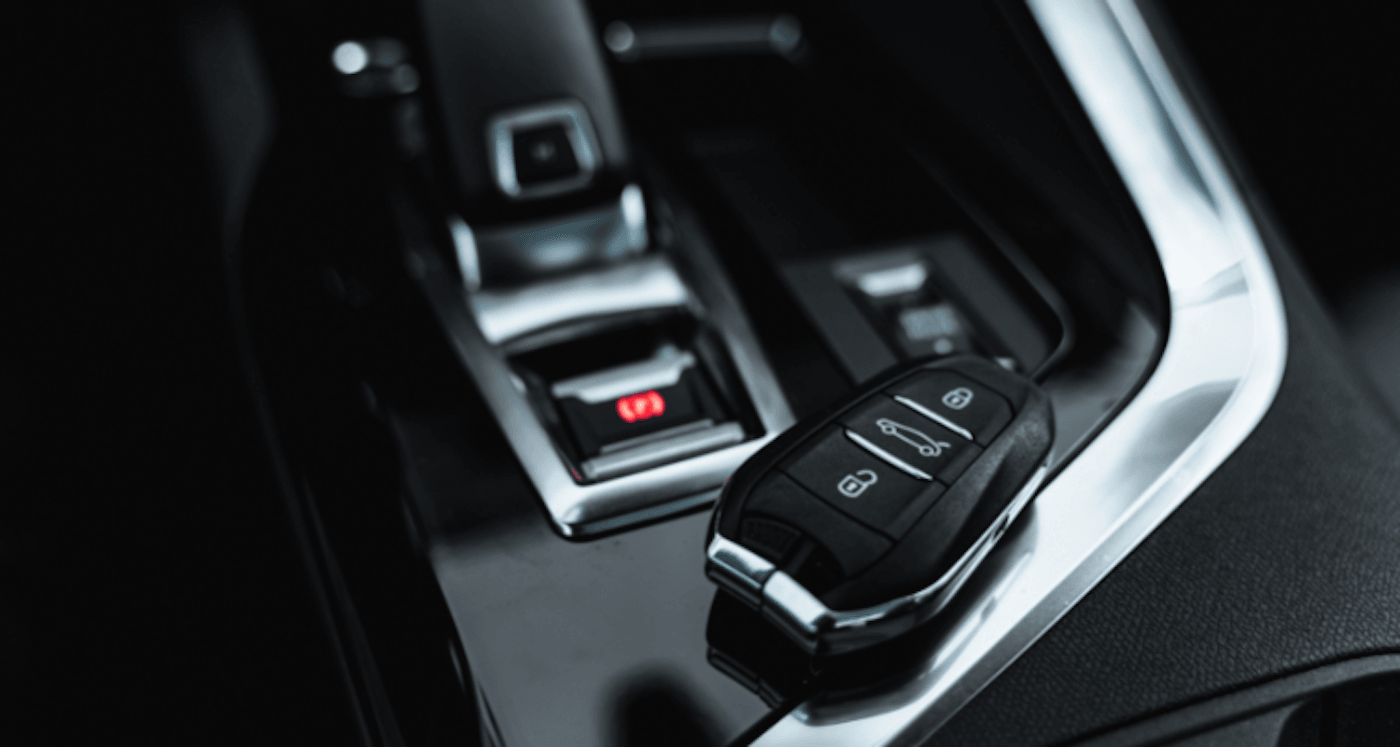Do you need a deposit for a car loan?

If you are in the market for a new car and are thinking about using a car loan to finance your purchase, you are not alone. Millions of Australians (2.7 million at last count) choose to take out car loans when they are buying a car. This is due in large part to the cost of buying a new car has risen significantly in Australia in recent years. Not to mention the fact that buying quality used cars is not getting any cheaper. Taking out a loan allows buyers to get into a newer and safer vehicle, or one that fits their lifestyle needs better. However, not every buyer borrows the full amount for a new vehicle purchase. Some buyers use a car deposit instead. A car deposit is an amount of money that the buyer pays towards the cost of their new or used car purchase, in addition to the loan amount. This can reduce your regular repayments on the loan, as well as the total amount of interest that is paid over the life of the loan. There are many things to consider when taking out a car loan, but using a deposit can be a great way to reduce your monthly payments and save money in the long run.
A deposit can be a good way to reduce your monthly car loan repayments and total interest paid, but do you need one?
Let's find out.
Do I need a deposit for a car loan?
Most car buyers finance their purchases, and car loans are typically the best way to do that. But you may be wondering: do you need a deposit for a car loan? The answer is, that it depends. Some lenders will require a deposit, while others may not. And in some cases, having a deposit can actually help you get approved for a loan and reduce your repayments. Here's what you need to know about car loan deposits.
Typically, lenders prefer borrowers to have a deposit when applying for a car loan. This is because it reduces the amount of money that the borrower has to borrow, and therefore the risk on the part of the lender. In some cases, borrowers with a modest deposit (10-20% of the total value of the car) may even qualify for a more competitive interest rate. So if you're able to put down a deposit, it's definitely worth considering. However, it's important to remember that in many cases, a deposit is not required in order to get approved for a car loan. If you don't have a deposit, talk to your lender about other options that may be available to you.
When you take out a car loan, the lender will assess your application based on a number of factors. This includes things like your current income and employment situation, your credit history, and your ability to make the repayments. The lender will also look at the value of the car you are looking to purchase. Based on this information, the lender will decide whether or not you need a deposit.
How much should you deposit for a car loan?
When it comes to figuring out the perfect deposit amount for a new or used car, there are a few things you should keep in mind. A deposit is not always required, but if you do choose to pay one, it will usually be around 10% - 20% of the total cost of the car. Keep in mind that the larger the deposit, the lower your overall payments will be. However, it's also important to remember that cars are depreciating assets, so paying too much upfront can be a waste of money. That being said, upgrading to a newer or safer car can be worth the investment if it improves your quality of life in some way. Ultimately, it's important to weigh all your options carefully before making any decisions.

How does a car loan deposit work?
If you choose to pay a deposit on your car loan, the money will be deducted from the total amount you borrow. For example, let's say you're looking to purchase a car for $50,000. If you put down a deposit of $5000 (or 10%), that leaves you with a loan amount of $45,000. This means your monthly repayments will be based on the $45,000 you borrow, rather than the full cost of the car.
A deposit on a loan is essentially a down payment on the purchase. You agree to pay a portion of the purchase price upfront, which shows the lender that you are committed to the loan and gives them security in case you default on the loan.
Getting car loan pre-approval can help you understand how much money you'll need for a deposit, as well as your monthly repayments.
What does the Loan to Value Ratio mean?
When researching for a car loan to help secure your new dream car, you may have come across the term Loan to Value Ratio (LTV). This is a key factor that lenders consider when assessing loan applications, and it essentially refers to the amount of the loan compared to the value of the car. For example, if you're looking at a car that costs $50,000 and you have a deposit of $5000, your LTV would be 90%. In general, the lower your LTV, the better. This is because it means you're borrowing a smaller amount of money in relation to the value of the car, which is less risky for the lender. 100% LTV car loans exist, but they are generally only available to borrowers with very good credit histories. Plus, they are more likely to attract higher interest rates due to the fact that they are considered to be at higher risk.
Why a deposit can improve your car loan interest rate
One of the main reasons to consider paying a deposit on your car loan is that it can help you get a better interest rate. Think about it this way - if you're borrowing $50,000 and you have a deposit of $5000, that means you're only borrowing 95% of the total cost of the car. This is viewed as being less risky for the lender, which means they may be more willing to offer you a lower interest rate. Borrowers with a higher LTV (loan to value ratio) will generally be offered higher interest rates if the lender has to arrange finance to cover 100% of the loan, as this is deemed to carry higher risk.
A deposit is like insurance for the lender. It minimises their risk if you can’t afford the repayments and they have to repossess the car and sell it at auction. A deposit also means that you are less likely to go “underwater” on your loan, which is when you owe more money to the bank than the car is worth. This can happen if the value of the car falls sharply (like during a recession) and you haven’t yet paid off enough of the loan to cover the depreciation. If you're underwater on your loan and you can't keep up with the repayments, the bank could ask you to pay them the difference – which could be thousands of dollars. Having a bigger deposit means there's less chance of this happening.

The pros and cons of having a car loan deposit
Paying a deposit on your car loan is not always required, but it can be beneficial in a number of ways. However, it's important to weigh up all the pros and cons before making a decision.
A larger deposit can help you get a lower interest rate, and it also shows the lender that you are committed to the loan. Plus, it reduces the amount you need to borrow, which can mean lower interest paid over the life of the loan. On the other hand, coming up with a large deposit can be difficult for some borrowers. Making a smaller deposit payment could make your monthly repayments more manageable.
Getting a loan with 100% LTV is possible, but it's generally only available to borrowers with very good credit histories. So, if you're considering a car loan with 100% LTV, make sure you compare interest rates and terms from a range of lenders before you apply.
Whilst a car loan deposit serves a purpose, making one means you have less money available for other things like running costs and car insurance. It’s important to remember that a car is a depreciating asset, so it’s possible you could end up owing more than the car is worth if you don’t keep up with repayments.
Ultimately, the best decision for you will depend on your personal financial situation. The best piece of advice is to do your homework before entering into signing on the dotted line of a purchase agreement with a car dealership. It’s important to get your finance arranged, including knowing how much you can get on a trade-in, before hitting the dealerships. That way, you’ll know exactly how much you can afford to spend on your new car and be in a better position to negotiate and secure a better deal on a new or used car. Don’t forget to check the comparison rate between different lenders and understand if they offer things like a cooling-off period before you sign a contract.
Seeking professional advice before taking out a loan on a new or used car will help to ensure that you make the best decision for your individual circumstances.


.png)







